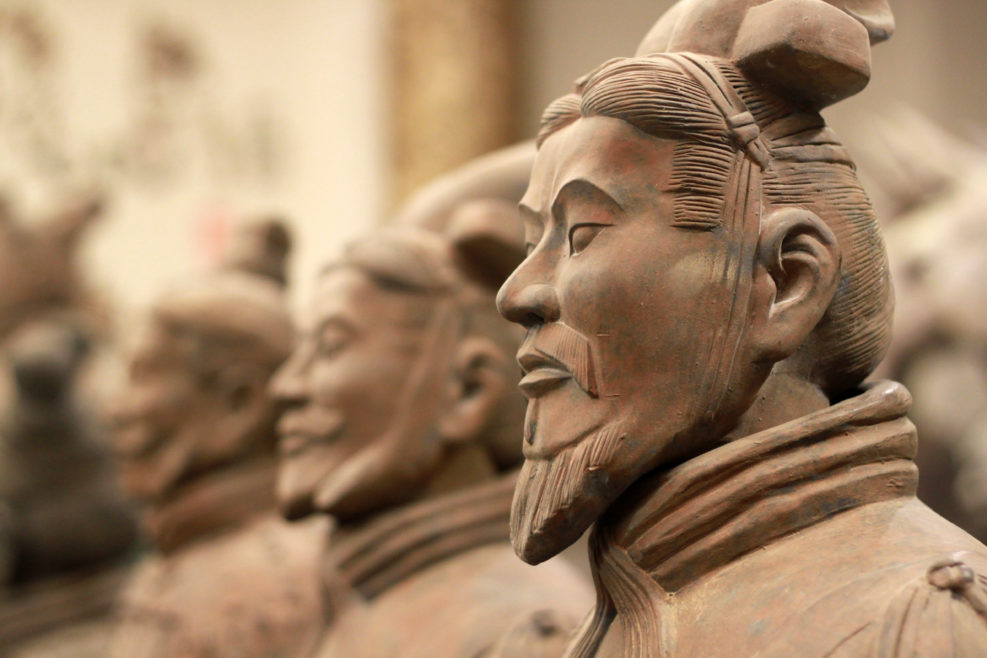
Protest in China: “Don’t Want” and “Old Hen” Take On New Meaning
When former President Hu Jintao was escorted out of the Party Congress a couple of days ago, all reference to the matter disappeared from the official webRecently, we have been following the creative protest methods used in China, in the wake of the Chinese Communist party’s five-year meeting that confirmed Xi Jinping for an unusual third term, while the former president Hu Jintao was escorted out by security. A much harder line on many things, including foreign affairs, is expected to follow. Because China is a very high-tech surveillance state, it is difficult for citizens to use usual online communication methods to discuss, register dissatisfaction with, or express worry over government decisions. The unconventional methods adopted are worth noting. Free Asia Radio reports that two young women were walking down a street in Shanghai, holding a white banner that read “Don’t want, want — Don’t want, Read More ›










